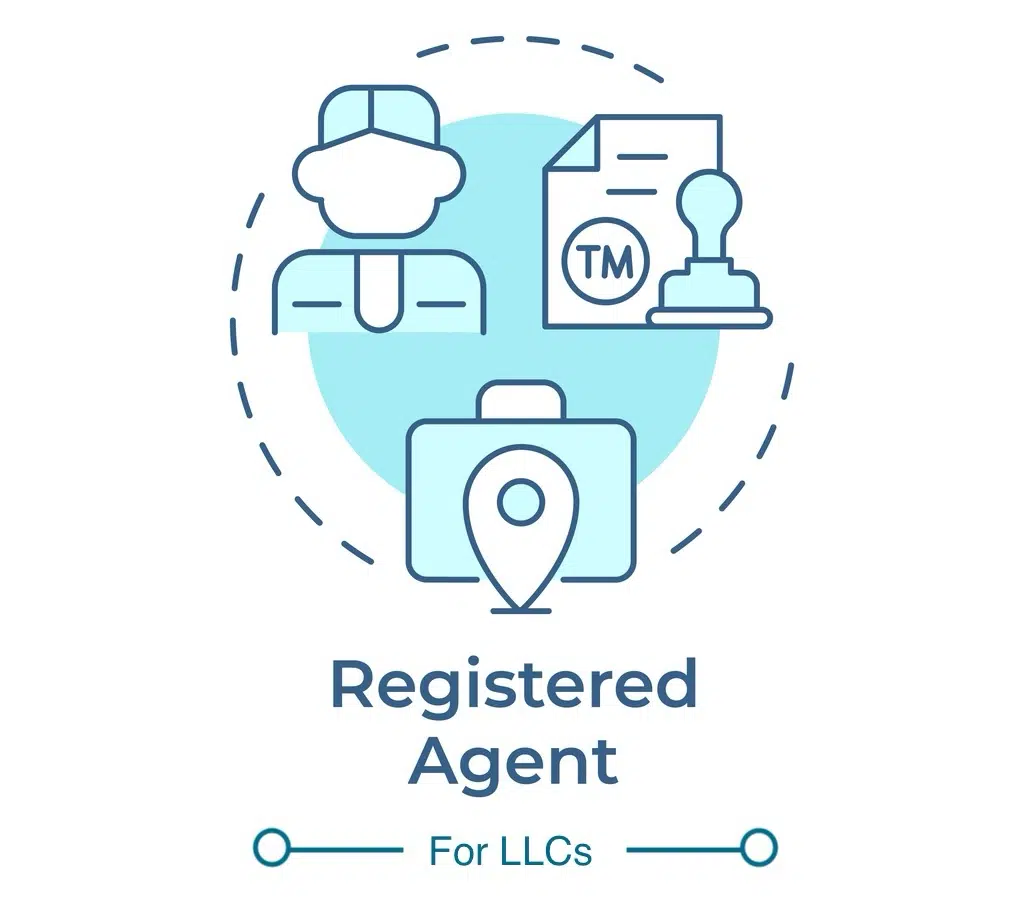 Starting a new business can be exciting, but it also comes with risks that require careful planning and consideration. Launching a business with prudence and caution can help you avoid common pitfalls and set a strong foundation for long-term success. In this blog, we’ll cover essential steps to take when starting a business, focusing on preparation, strategic planning, and risk management.
Starting a new business can be exciting, but it also comes with risks that require careful planning and consideration. Launching a business with prudence and caution can help you avoid common pitfalls and set a strong foundation for long-term success. In this blog, we’ll cover essential steps to take when starting a business, focusing on preparation, strategic planning, and risk management.
Conduct Thorough Market Research
Before launching your business, it’s vital to understand the market you are entering. This involves analyzing your target audience, competitors, and industry trends. Market research helps you identify opportunities and potential challenges, allowing you to make informed decisions.
Identify Your Target Audience
• What problems does your product or service solve? Knowing your target audience’s needs and pain points can help you tailor your offerings to meet their expectations.
• Demographics and Behavior: Gather information on your potential customers’ age, location, purchasing habits, and preferences to craft effective marketing strategies.
Analyze Competitors
• Strengths and Weaknesses: Study your competitors to learn what they are doing well and where they fall short. This insight can help you identify gaps in the market and opportunities for differentiation.
• Pricing and Services: Understanding your competitors’ pricing and services will allow you to position your business effectively and set competitive pricing strategies.
Create a Solid Business Plan
A well-structured business plan is essential for any new venture. It serves as a roadmap that outlines your business goals, strategies, and the steps needed to achieve them. A solid business plan can also attract potential investors and lenders.
Key Components of a Business Plan
• Executive Summary: Summarize your business idea, mission, and vision.
• Market Analysis: Present your findings from the market research.
• Product or Service Description: Clearly explain what you are offering and how it benefits your target audience.
• Marketing and Sales Strategy: Outline how you plan to promote your business and attract customers.
• Financial Projections: Provide detailed financial forecasts, including expected revenue, expenses, and break-even analysis.
Legal and Regulatory Compliance
Launching a business requires compliance with various legal and regulatory requirements. Failing to meet these requirements can lead to penalties, legal disputes, and other complications.
Choose the Right Business Structure
• Sole Proprietorship, LLC, Corporation: Each business structure has its own advantages and tax implications. Choosing the right one will depend on factors such as liability, taxation, and management preferences.
• Register Your Business: Ensure that you have registered your business with the appropriate state authorities and obtained all necessary licenses and permits.
Protect Your Intellectual Property
• Trademarks and Patents: If your business has a unique brand, logo, or product, consider protecting it through trademarks or patents to prevent others from copying your intellectual property.
Manage Your Finances Wisely
Prudent financial management is crucial for a successful business launch. This includes budgeting, forecasting, and keeping track of expenses.
Secure Funding
• Assess Your Funding Needs: Determine how much capital you need to start and sustain your business until it becomes profitable.
• Explore Funding Options: Consider various funding sources, such as personal savings, bank loans, investors, or grants, to find the best fit for your financial situation.
Keep Track of Cash Flow
• Budget Carefully: Develop a budget that accounts for all your expenses, including startup costs, operational costs, and marketing. Regularly monitor your cash flow to ensure you are not overspending.
• Build an Emergency Fund: Setting aside funds for unexpected expenses can provide a safety net during challenging times.
Start Small and Scale Gradually
Many successful businesses begin on a smaller scale before expanding. This allows entrepreneurs to test their ideas, adjust strategies, and reduce financial risk.
Pilot Testing
• Launch a Pilot or Soft Opening: Consider launching a small-scale version of your business to gauge customer response and iron out any operational issues before a full-scale launch.
• Gather Feedback: Use the feedback from your initial customers to improve your products, services, or marketing strategies.
Launching a business with prudence and caution is about careful planning, strategic decision-making, and risk management. By following these essential steps, you can create a solid foundation for your new venture and increase your chances of long-term success. If you need legal advice or assistance with setting up your business, contact Law Advocate Group, LLP. Our team is here to guide you through every step of the process.



